US President Donald Trump's proposal to redistribute tariff revenue as annual payments to individuals, dubbed "tariff dividends," has been met with skepticism from a budget watchdog. The Committee for a Responsible Federal Budget (CRFB) has calculated that the plan would result in a net loss of $200 billion for the country, more than twice the estimated revenue generated from the tariffs.
According to the CRFB analysis, Trump's plan would involve distributing $2,000 per person to eligible individuals, excluding those with high incomes. The watchdog estimates that the total cost of the program would be around $1.2 trillion, while the revenue generated from tariffs would be approximately $500 billion. This would leave a significant shortfall, with the US government facing a net loss of $200 billion.
The proposed tariff dividends have been pitched as a way to reward taxpayers and reduce the national debt. However, the CRFB argues that the plan would have the opposite effect, exacerbating the country's fiscal woes. The watchdog notes that the tariffs themselves are a tax on consumers and businesses, which would ultimately lead to higher prices and reduced economic growth.
The market impact of Trump's tariff policy has been significant, with many companies and industries feeling the pinch. The tariffs have led to increased costs for businesses, which have been passed on to consumers in the form of higher prices. The CRFB estimates that the tariffs have already cost American consumers around $100 billion in additional costs.
The company context for Trump's tariff policy is complex, with many industries and companies affected by the tariffs. The US Chamber of Commerce has been a vocal critic of the tariffs, arguing that they are harming American businesses and consumers. The Chamber estimates that the tariffs have already cost the US economy around $50 billion in lost exports.
The future outlook for Trump's tariff policy is uncertain, with many experts predicting that the plan will be revised or repealed in the coming months. The CRFB has called on policymakers to reconsider the plan, citing the significant fiscal risks associated with it. As the US economy continues to navigate the challenges posed by the tariffs, businesses and policymakers will be watching the situation closely.
In a statement, the CRFB noted that the tariff dividends plan "would be a costly and ineffective way to address the country's fiscal challenges." The watchdog argued that the plan would "exacerbate the country's fiscal woes and harm American businesses and consumers." The CRFB has called on policymakers to prioritize a more sustainable and effective approach to addressing the country's fiscal challenges.



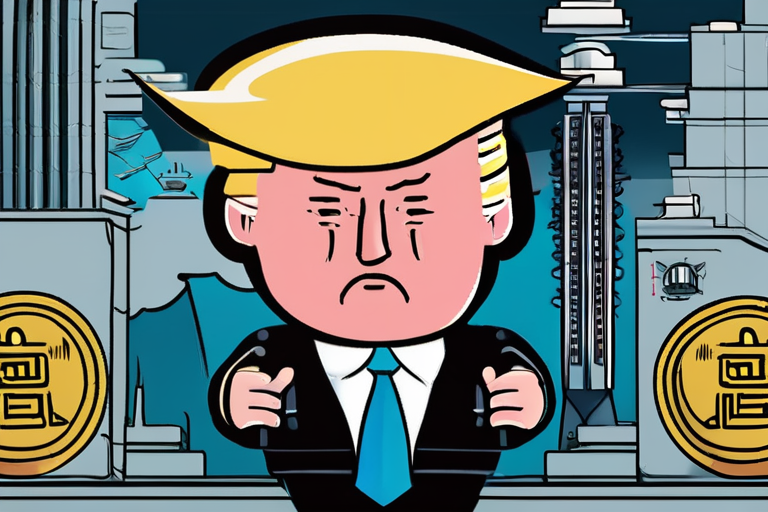

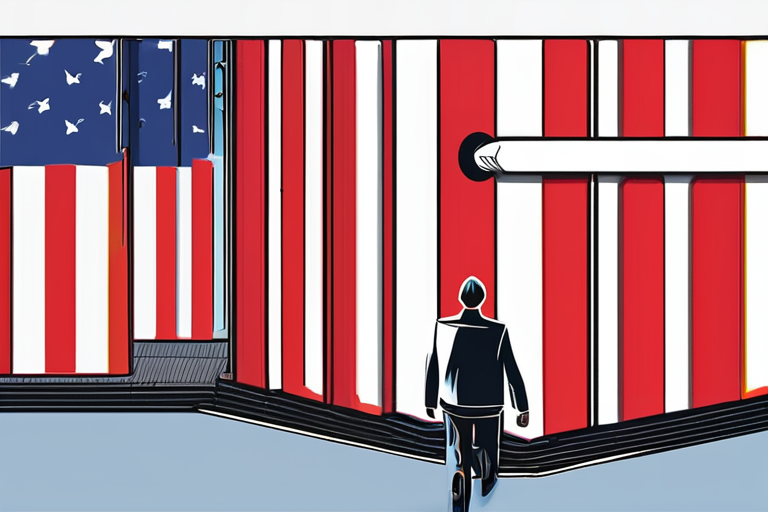
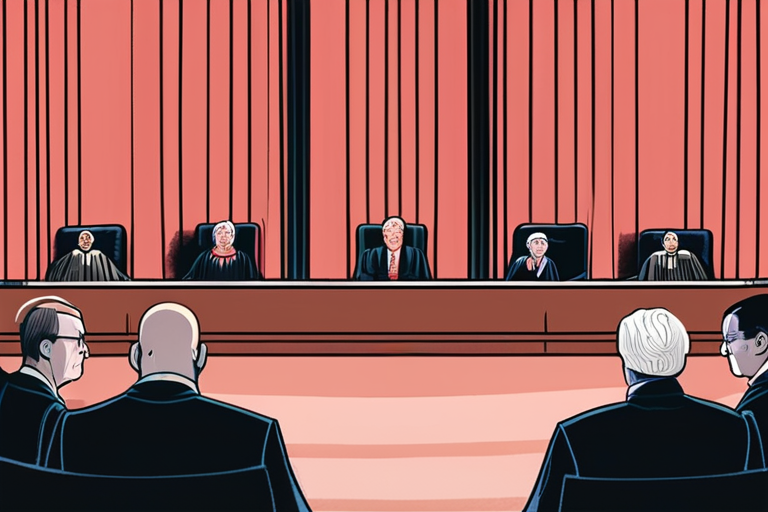
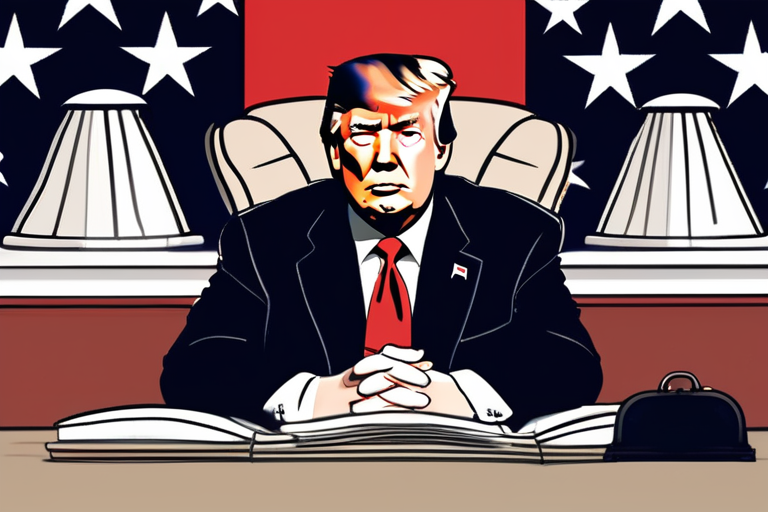
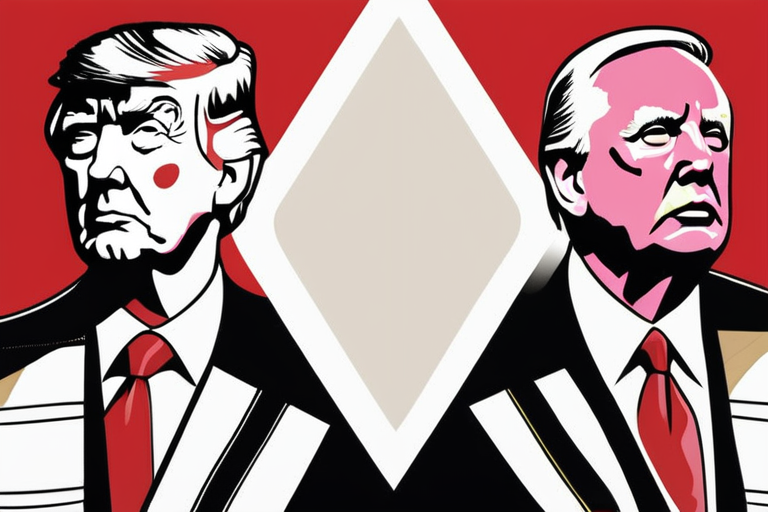

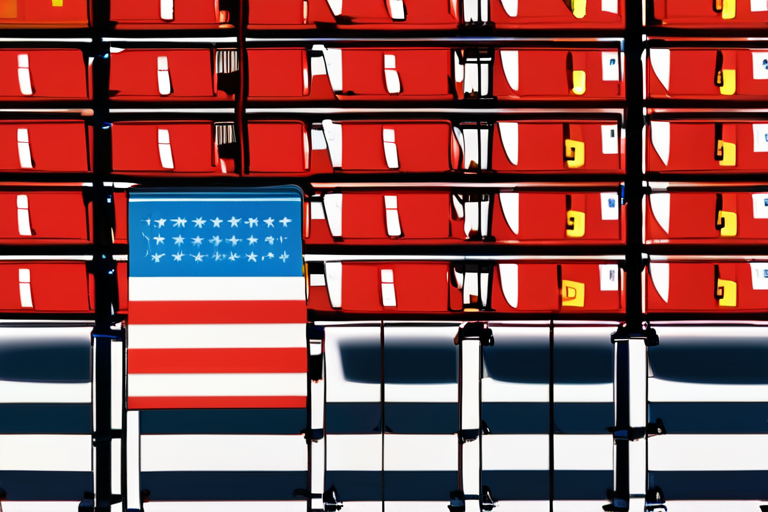
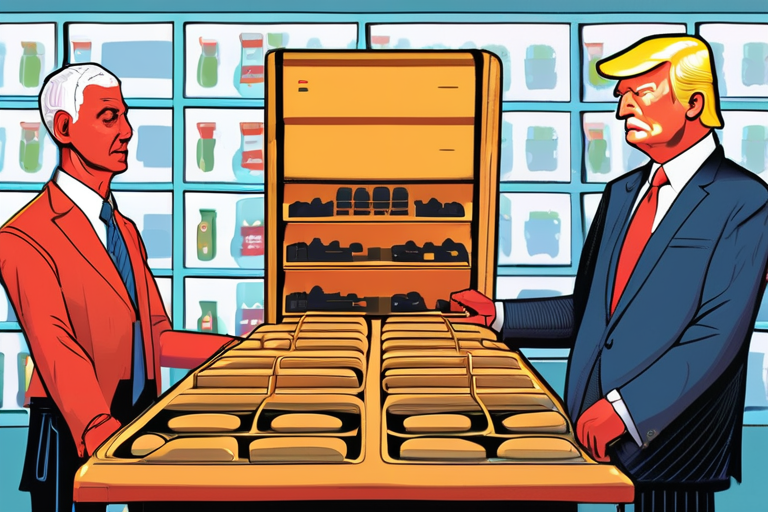

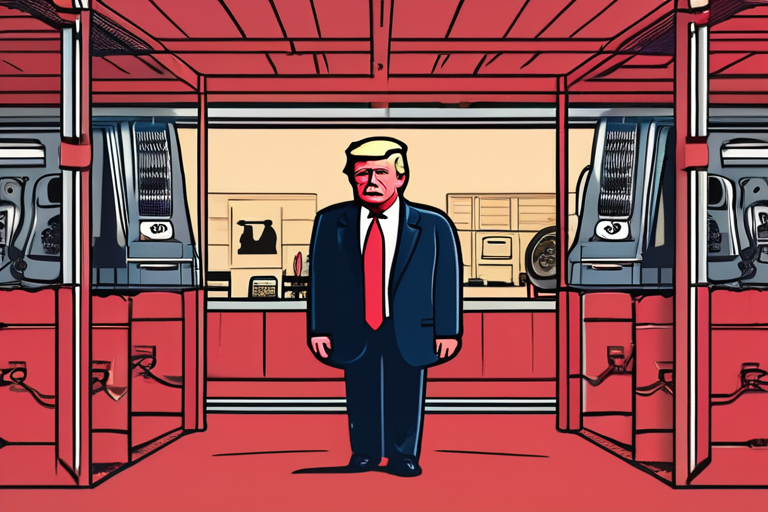
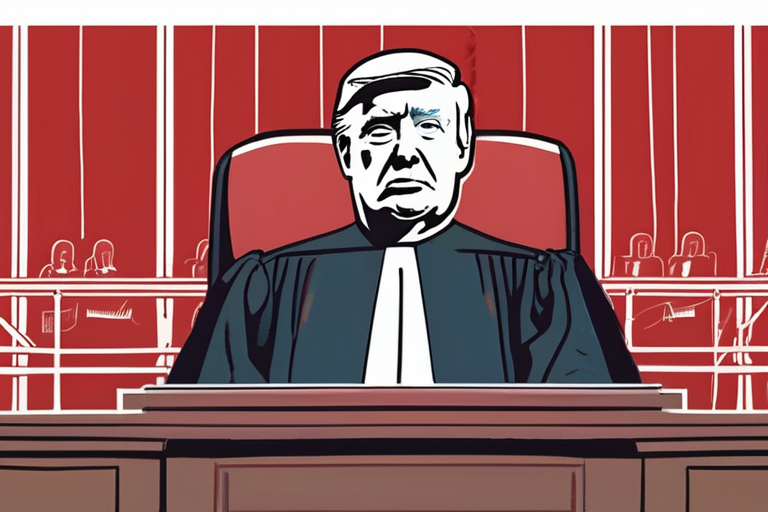
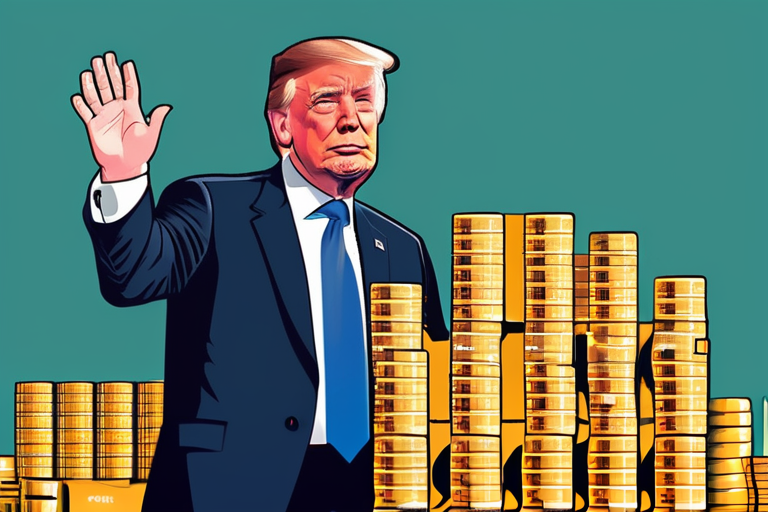

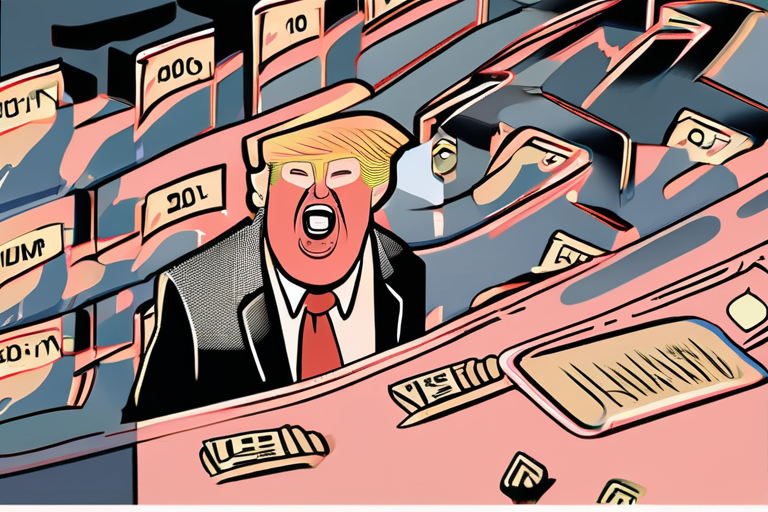
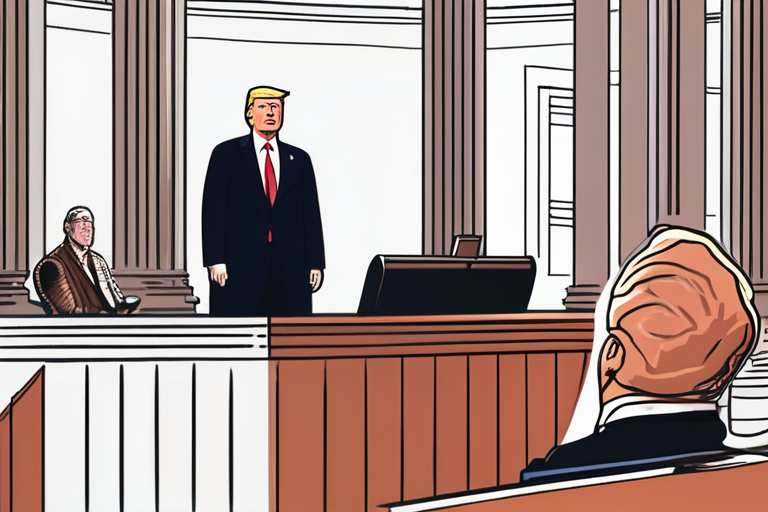

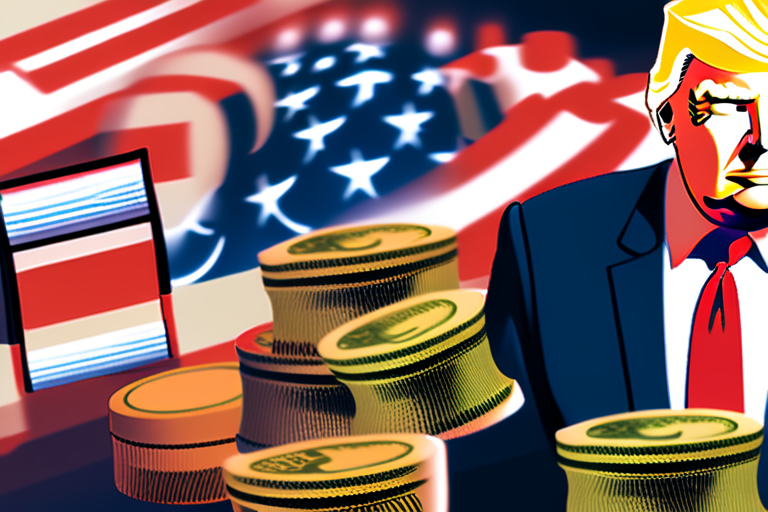



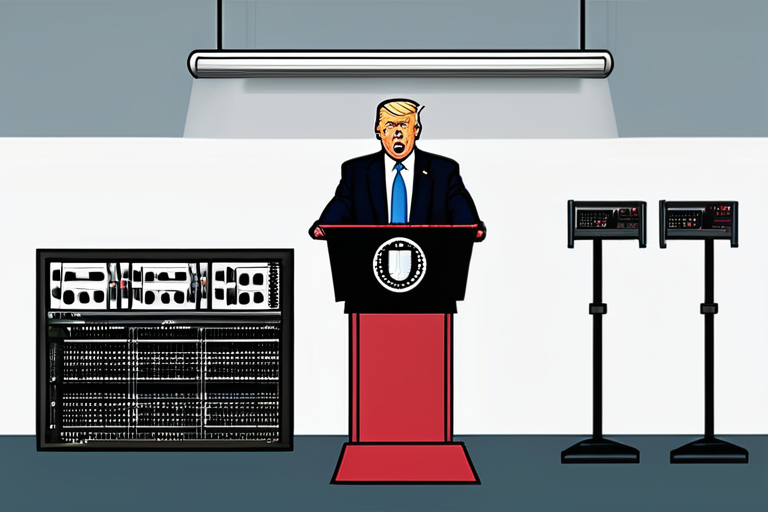


Share & Engage Share
Share this article